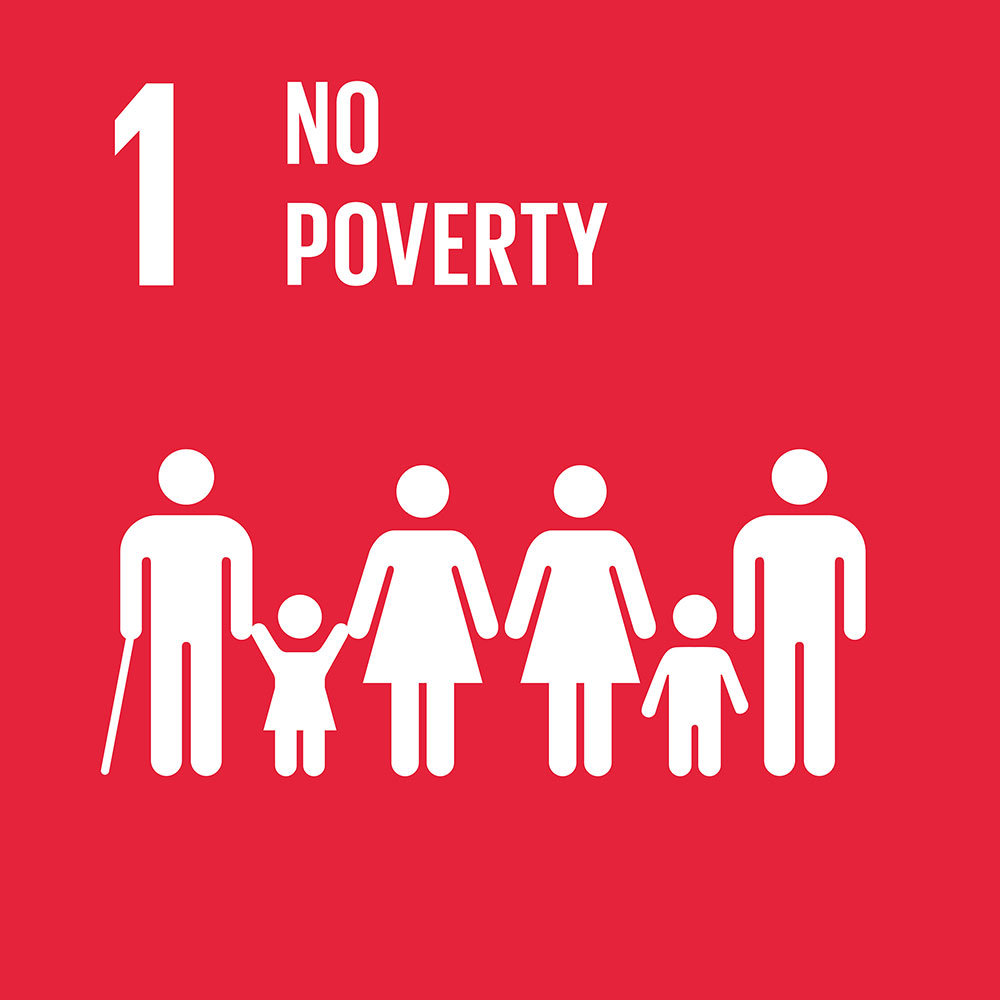Materiality analysis is the principle for identifying aspects, relevant to the company and its stakeholders, that significantly affect the ability to create value over time, i.e. material topics that “represent the organisation’s most significant impacts on the economy, environment and people, including impacts on their human rights”.
Materiality thus ensures, the connection of priority issues with the Group's strategy and ensures that they are considered the expectations of different stakeholders.




.jpg)









.jpg)



